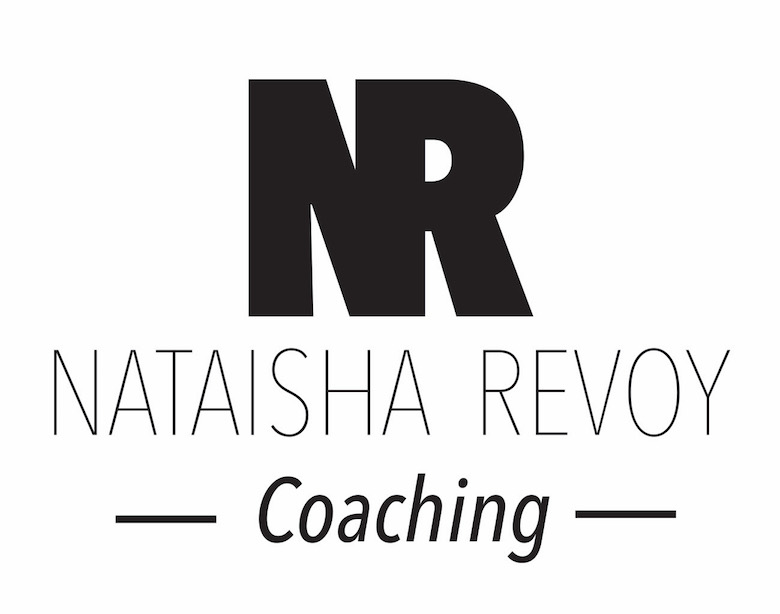The Key to Unlocking Your Leadership Potential

It doesn’t matter how smart you are—if you can’t regulate your nervous system, you won’t be able to fully tap into your leadership potential. Problem-solving, innovative thinking, effective communication—all depend on how well you manage stress.
When Stress Takes the Lead
Picture this: You have a check-in meeting with your manager. You’ve been proactive—communicating regularly, updating him on your team’s progress, and keeping him aware of any challenges. You’re confident he understands the team’s hard work and the strides you’ve made towards your quarterly targets.
Then he asks, “So, what are you doing to ensure we meet our Q4 goals?”

Suddenly, you feel the blood rush to your cheeks, your heart pounds faster, and you go blank.
What’s happening here isn’t a reflection of your competence or preparation. It’s your body’s stress response—a natural reaction designed to protect you from danger.
The Science Behind the Stress Response:
In this moment, your nervous system has taken over. The simple question triggers a biological response, causing your heart to race, blood to divert from your brain to your core, and your body to prepare for ‘fight or flight.’
Research has shown that during stress, blood flow shifts away from your prefrontal cortex—your brain’s problem-solving hub—toward your core, which limits cognitive function. That’s why even well-prepared leaders can find themselves struggling to think clearly and solve problems under pressure.
The Ripple Effect of Stress on Leadership
For managers and leaders, stress doesn’t just affect performance—it impacts how you connect with your team, make decisions, and build relationships.
Think about it:
- If you’re constantly in a stress response, communication can suffer. You might rush conversations or sound defensive without realizing it.
- When stress becomes chronic, it limits creativity and makes it harder to come up with innovative solutions.
- Team morale can dip if employees sense stress or frustration from their leader.
Emotional intelligence and self-regulation are crucial not only for building strong relationships but also for accessing your knowledge and expertise when it matters most. If you want to respond with clarity, confidence, and competence—especially under pressure—learning to regulate your nervous system is a must.
When leaders feel overwhelmed, team morale can suffer, creativity stalls, and relationships weaken. Stress doesn’t just affect you—it impacts everyone you lead.
Regulating Your Nervous System: The Key to Unlocking Your Strengths
The good news? Emotional regulation can help you shift out of fight-or-flight mode and regain access to your strengths—your problem-solving abilities, creativity, and clear communication.
Fortunately, you can shift out of this fight-or-flight response with simple techniques that restore your focus. If you want to respond with confidence and clarity, especially under pressure, mastering self-regulation is key. Let’s start with a powerful tool to get you there.
Box Breathing is a technique that helps calm the nervous system and improve focus, making it ideal for managing stress in high-pressure situations. According to Cleveland Clinic, Box Breathing can help lower stress levels, stabilize heart rate, and bring a sense of calm – all of which are essential for clear, confident leadership.
A Quick Reset for Your Nervous System: Try Box Breathing
- Inhale slowly through your nose for 4 seconds.
- Hold your breath for 4 seconds.
- Exhale slowly through your mouth for 4 seconds.
- Hold your breath for another 4 seconds.

Repeat this cycle 3-5 times. This structured breathing pattern helps stabilize your heart rate and bring a sense of calm, making it easier to regain focus during stressful situations.
Box Breathing is just one technique. In my guide, you’ll find more strategies to reset, recharge, and refocus when stress strikes.
A Leadership Truth: Self-Regulation = Better Leadership
Many leaders focus on developing external skills—strategic thinking, performance management, communication—without realizing that emotional regulation underpins all of them.
If you can’t regulate your emotions, you can’t access your skills effectively. But when you master your response to stress, you:
- Make better decisions under pressure.
- Respond to challenges thoughtfully, instead of reacting emotionally.
- Foster trust within your team, creating a psychologically safe environment.
Resilient leadership isn’t about knowing it all—it’s about staying steady when the stakes are high.
Build Your Stress-Resilient Toolkit
To help you thrive in these high-stakes moments, I’ve created a resource filled with practical techniques for regulating your nervous system. You’ll find strategies like breathing exercises, grounding techniques, and gratitude practices.
Experiment with each method to discover what works best for you and start transforming stress into success.
Ready to take control in high-stakes moments?
My guide, Lead with Calm and Clarity: 9 Strategies to Navigate Stress, provides practical techniques to build a resilience toolkit that will support you when it matters most.
Download our guide – 9 Strategies to Navigate Stress
The ability to stay calm and grounded isn’t just a nice-to-have—it’s essential for high-performance leadership. And the best part? It’s a skill you can build with practice.
Reflect: The Power of a Calm Mind Under Pressure

When was the last time you froze up under pressure?
How would your response have changed if you’d felt calm and centered?
Download our guide – 9 Strategies to Navigate Stress and see which techniques might be your go-to in those critical moments.
Remember, emotional intelligence isn’t just about how you relate to others—it’s the key to accessing your best self when it matters most. Regulate your stress response, and unlock the leader within you.


